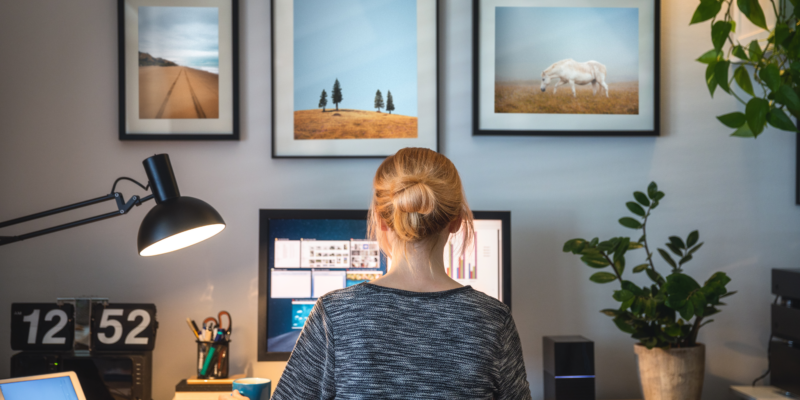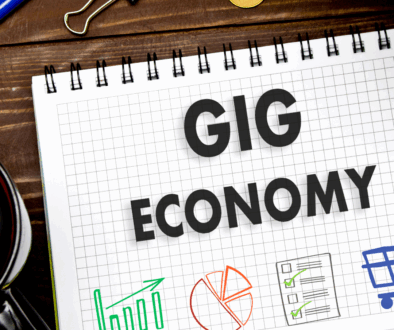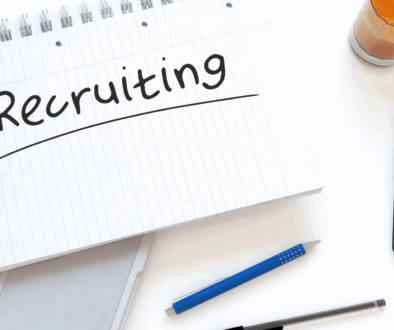From the Experts: What Your Flexible Work Policy Says About Your Company
In this week’s episode of America Back to Work, S2Verify co-founder and chief strategy officer, Arnette Heintze, sat down with Raghav “Rags” Gupta, president of Butlr, a wireless motion-sensing platform that generates privacy-compliant, anonymous data for physical space management.
Corporate real estate, senior living and wellness facilities, and retail spaces use Butlr to detect occupancy, headcount, and activity and generate accurate, real-time, and historical spatial insights.
That means Gupta has a front-row seat to how Americans are working today and how employers are solving for changes in office use. He has access to critical data around the hybrid work, remote-first work, and office-first models that modern companies are experimenting with in the wake of the pandemic.
During his conversation with Heintze, Gupta explores the different ways that employers are implementing and enforcing those various work models. Some CEOs, like Elon Musk at Twitter and Jamie Dimon at J.P. Morgan, are banning remote work altogether. Gupta believes this kind of policy is really an expression of company culture–and a way to recruit a certain type of worker.
“It’s a reflection of culture and values,” he says. “It’s a big bat signal saying, ‘we’re a hardcore, intense place, and if that’s not for you, then we’re not the right place for you to work.’”
Other leaders are experimenting with more flexible options. Some companies, Gupta points out, are requiring employees to travel to get together around two to four times a year–the rest of the time, they’re remote. Those get-togethers are used for focused team-building and road-mapping sessions.
Some organizations are setting aside days of the week for team members to come into the office for meeting-free days–providing employees with the opportunity to interact organically and form real relationships with their coworkers.
Gupta believes that, ultimately, it isn’t up to us. In the end, technology will shape the future of work in America.
Applicant tracking systems, onboarding technology, remote setups, collaboration tools, desk booking systems, occupancy sensors (to inform how busy work areas are), and more will help employees find their flow between the company office and their home office. These emerging tools will also help HR professionals improve collaboration, attendance, and productivity.
“The office is a product, and you want to understand how it’s working and how it’s being used.”
Listen to the episode to find out what else Gupta has to say about the future of the office and work styles.







